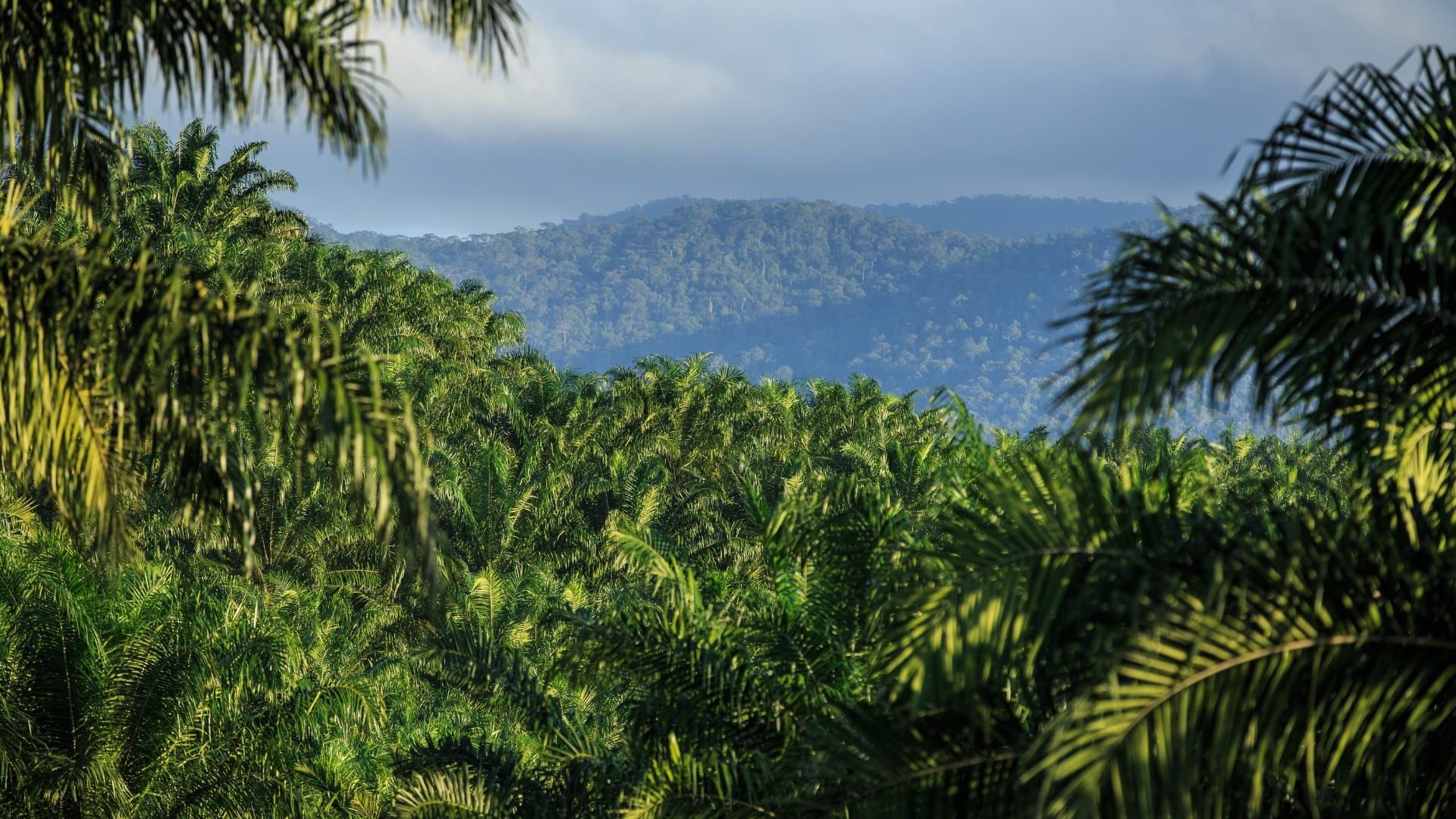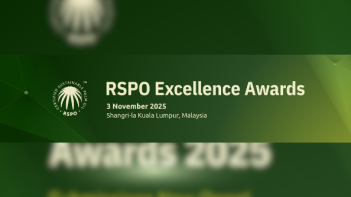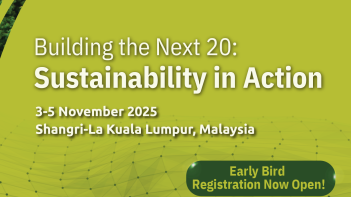Thursday 3 October, 2019 – The Roundtable on Sustainable Palm Oil (RSPO) is saddened and appalled to learn of the killing of an endangered pygmy elephant earlier this week in the Tawau district of south-western Sabah.
RSPO Chief Executive Officer Datuk Darrel Webber said, “The killing or harming of any animal is unjustified by any organisation associated with the RSPO. Even more so when you consider that there are less than 2,000 pigmy elephants left in the wild and that the killers allegedly possessed and used illegal firearms. This is completely unacceptable and I will ask the RSPO’s Investigation and Monitoring Unit to see what actions should be taken beyond what Sabah Authorities will bring to bear.”
According to WWF-Malaysia, this revelation reiterates the importance of wildlife corridors and their call for plantations to play an active part alongside the government and NGOs in the conservation of elephants in Sabah.
“We are appalled with and condemn the actions of the inhumane treatment of the Borneo pygmy elephant, which led to its death. Nonetheless, this strengthens our stand on the importance and urgency for a living landscape which combines the protection of wildlife, production of crops, restoration of habitat, and positive social impacts. The truth of the matter is that elephants will use plantation landscapes, and therefore plantations need to accept that they have to coexist with these animals. Developing wildlife corridors will aid in managing elephant movements, human-elephant co-existence, reduce crop damage from elephants and reduce the risk of elephant and human deaths in agricultural landscapes,” commented Dr. Henry Chan, WWF-Malaysia Conservation Director.
The news reports allege that two plantation guards engaged to keep wildlife away from company grounds shot and killed the elephant, and removed its tusks. Based on the reports, we understand that the alleged incident took place on FELDA land. We confirm that FELDA is a member of RSPO. We are in communication with their company representatives to better understand the situation that occurred on Monday, 30 September.
Furthermore, our understanding is that the matter is being investigated by the relevant authorities for several offences and the Sabah Wildlife Department is probing the accused under the Sabah Wildlife Conservation Enactment for killing a protected species.
RSPO reiterates that we condemn actions such as this. Further, all RSPO members are expected to abide by RSPO’s Code of Conduct and RSPO Principles and Criteria (P&C) throughout the member’s organisation – regardless of whether they are certified. Completing the P&C Certification process is the best way to ensure RSPO member plantations implement sustainable practices that are respected throughout the organisation, and we strongly encourage members to do so.
Keep reading
RSPO accepted in the Netherlands as a private control system for EUDR

RSPO x JaSPON Conference and Member Engagement Forum 2025 Spotlights Japan’s Sustainability Success and Market Growth
Call for Expression of Interest: Independent Investigation of a Complaint
Call for Expression of Interest: Mexico National Interpretation Task Force for 2024 RSPO Principles and Criteria (RSPO P&C) and Independent Smallholder (ISH) Standard

RSPO–APKASINDO Partnership to Boost Inclusive Growth, Certification, and Market Access for Oil Palm Smallholders

Open Letter to COP30 President: Integrating Forests and Biodiversity: A Policy Central to Paris Agreement Success

Bridging the Auditing Divide: Key Takeaways from the RSPO Assurance Forum 11

Extension of RSPO Excellence Awards 2025 Submission Deadline!





